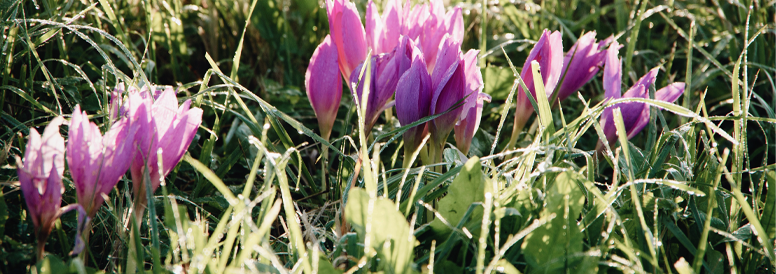Astragalus (Astragalus membranaceus) is considered a valuable tonic in Traditional Chinese Medicine (TCM) and according to a review published in the journal Phytotherapy Research, it is one of the most widely used traditional Chinese herbs. It is considered an adaptogenic herb in most systems of traditional herbalism, and used in many formulas to support health in a variety of ways, but probably best known for immune support in western herbal traditions.
Also known as Huang-qi, astragalus belongs to the Leuminosae family of plants, which includes legumes, peas, beans, trees, and shrubs that all have characteristic flowers and fruits. Astragalus is a perennial flowering plant that grows from about 1 to 3 feet and is native to the north and eastern areas of China.
In vivo research on mice, chickens and pigs have all shown that astragalus supports immune function. Human clinical trials also show that the polysaccharides, flavonoids, and saponins in astragalus support immune health by supporting the activation of toll-like receptor 4 (TLR4)-related mitogen-activated protein kinase (MAPK) activities.
According to a 2009 review and meta-analysis published in the Journal of Experimental & Clinical Cancer Research that featured 45 randomized clinical trials that all had an active control group, astragalus has immunomodulatory activity that has been shown to support T-cell function. A 2010 meta-analysis looked at 65 clinical trials featuring nearly 4,800 patients and concluded that astragalus was effective at supporting immune health.
A 2016 review published in the journal Current Drug Targets highlights the antioxidant properties of astragalus. The authors state that there are several constituents in astragalus that have antioxidant activity, which support free radical scavenging. It has also been shown to support a healthy inflammatory response.
Research shows that astragalus supports cardiovascular health, kidney health and respiratory health. A 2012 double-blind, randomized placebo-controlled trial published in the journal Clinical and Investigative Medicine showed that astragalus supported energy levels.
More research is needed to elucidate the many mechanisms of action that make astragalus such a useful herb for supporting health and wellness in so many ways. But traditional Chinese medicine has given us direction and practical applications for this amazing herb that are still relevant today. Practitioners will find astragalus in immune, cardio and energy support formulas, as well as formulas for cellular health.

